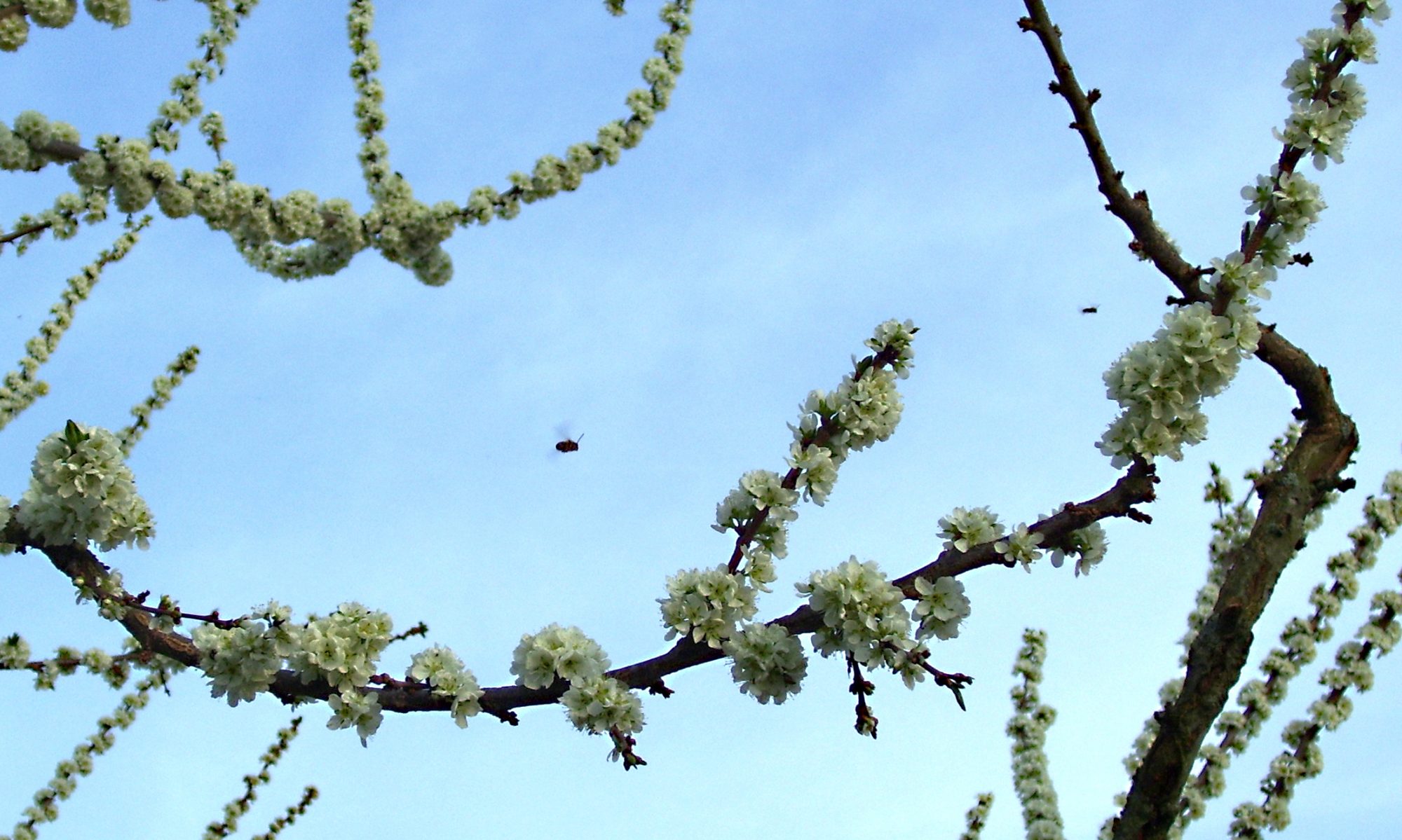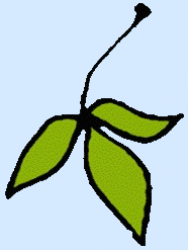(Helianthus tuberosus) -Full Sun to light shade– Native sunflower with large edible tuber, easy to clean variety
From Oikos Tree Crops in Michigan, this sweet-potato-shaped variety has a stunning red/purple skin and lacks the lumpy side nodules that make most varieties hard to clean. Not quite as productive as ‘Supernova’ but still plenty to eat each year.
Quart pots $8, Gallon* pots $16
North American native plant,
Native sunflower species with large nutritious tubers. Very easy to grow (hard to get rid of!) and productive. High in inulin, making them an excellent choice for diabetics. Raw, they are crunchy and juicy with a faint sunflower-seed flavor. Cooked they are like a watery potato. A friend once pickled them and they were fabulous! Can be harvested all winter so long as you can dig a hole. Herbaceous perennial–dies to the ground each winter but gets going fast and furious in late spring. Tall, rough stems can get 8′ tall or more with clusters of small yellow sunflower-like blossoms in the fall. Makes plenty of biomass–might be good for hay, bedding, or mulch. Will self-seed readily–beware as they have a notorious reputation for being hard to get rid of. We recommend planting them in an out-of-the-way place you can mow around or you don’t mind them spreading in. Pigs will root them up to eat the tubers in the fall.
Availability of plants varies from day to day. We rarely carry every size/price option listed at any one time. Please call before you come to check availability.

